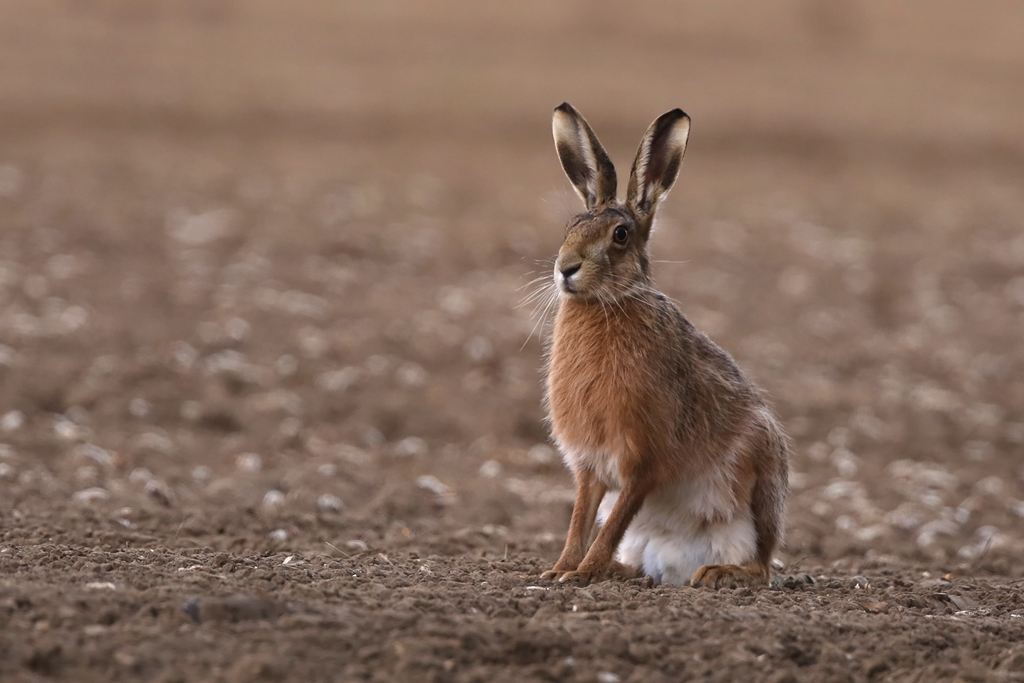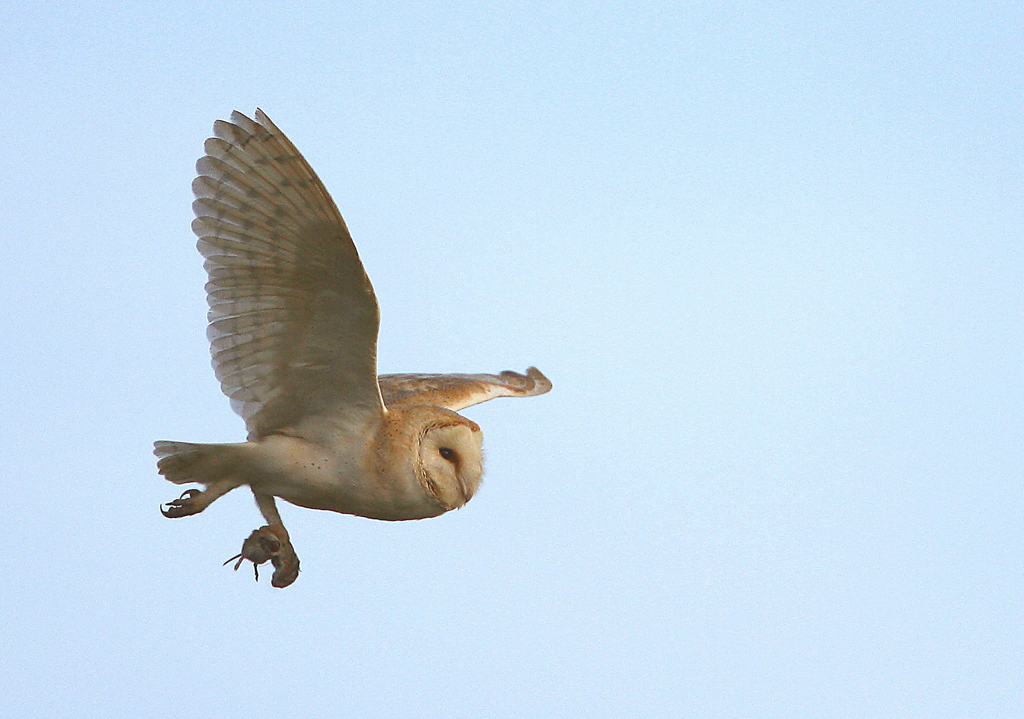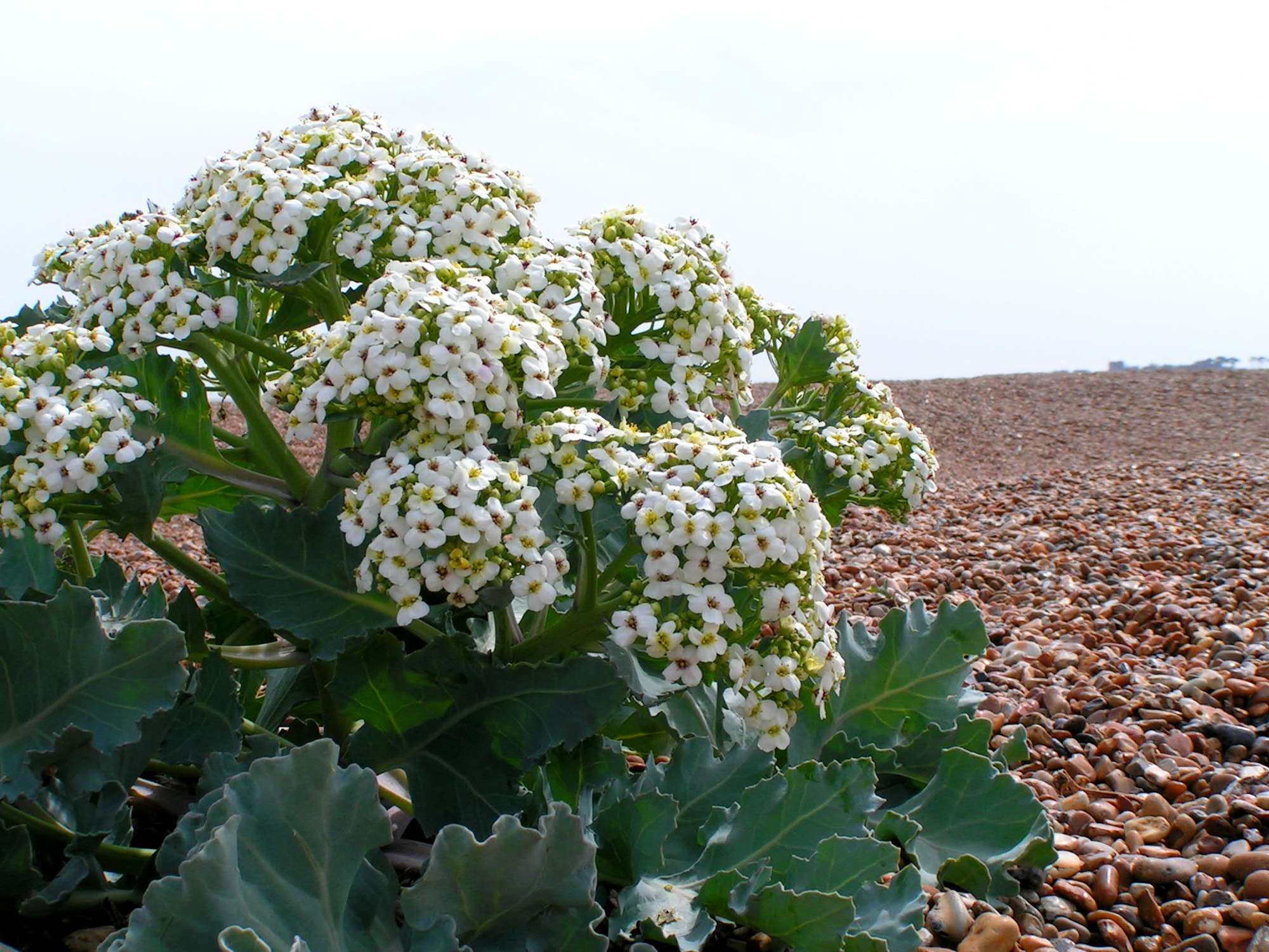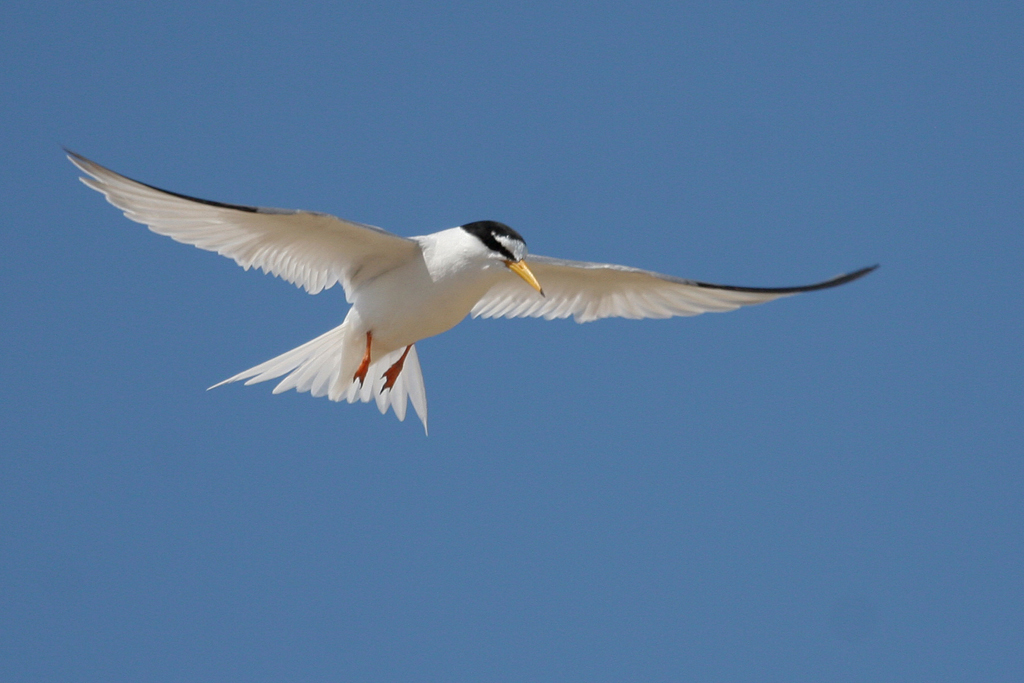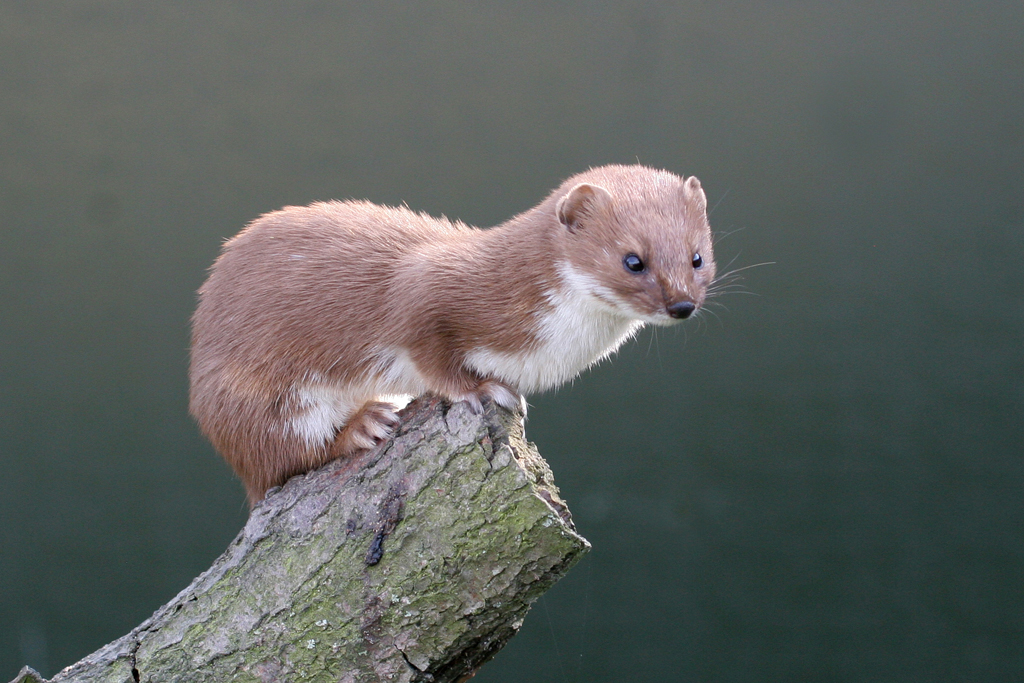Immigration is an emotive subject. In the natural world, that is, never mind the human one. People are rightly very keen to protect what remains of our natural heritage of native plants and animals – we’ve lost so much in the last 75 years or so, most of it through our own doing. But that has also made us suspicious of foreign competition, particularly when it seems to threaten some favourite native species. It’s true that historically there have been some disastrous introductions of invasive species: whether accidental, in the case of the beetles in imported timber that gave us the Dutch elm disease which changed our landscapes for ever; or deliberate, in the case of North American grey squirrels that were released at Woburn Abbey in the nineteenth century and have since been displacing our native red squirrels (and hence get blamed, like the American wartime GIs, for being oversized, oversexed and over here).
It gets historically and emotionally complicated, however, when we start to challenge the origins of anything we regard as a pest or a public nuisance. Take the case of Alexanders, the wild parsley with the glossy green leaves and yellowish heads we see flourishing now on roadside verges in coastal districts. I’ve heard the most xenophobic descriptions of it as a ‘foreign’ or even, on an ascending scale of hostility, an ‘alien’ plant, to be eradicated before it overwhelms all our hard-pressed natives. And there are regular patriotic campaigns to decapitate all these unwelcome invaders.
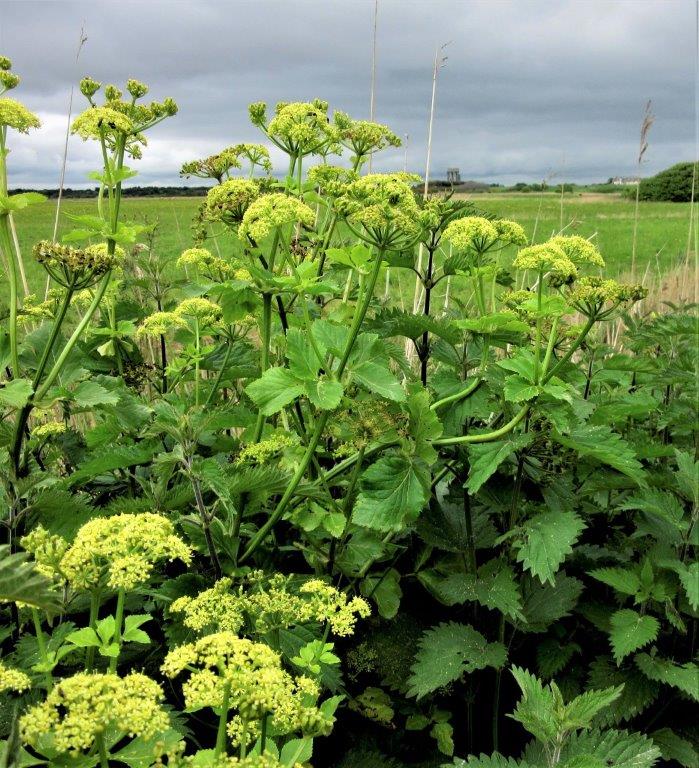
Hang on, though. The Alexanders came here with the Romans some two thousand years ago, valued as an all-purpose spring vegetable. The leaves were used in salads, the roots roasted like parsnips and the black seeds ground as spice. The monks used to cultivate Alexanders in their herb gardens in the medieval period. And the name itself has nothing to do with Alexander the Great’s all-conquering invasions but is an English corruption of the Latin name Olus Ater (‘Black Herb’). If you’re going to say Alexanders are non-natives that don’t belong here, how about our much-loved Brown Hares that arrived about the same time? How about our glorious Horse Chestnut trees, which came from Turkey in the sixteenth century; or the cute Little Owls, introduced only in the late nineteenth century? What about buddleia for that matter– imported from China in the 1890s – which nature-lovers actively plant to support our native butterflies? It’s hard to be consistent.
In deep history, the most invasive species of all has of course been Homo sapiens, populating the whole globe and continuing to displace its wildlife everywhere. Who is the real menace?
Jeremy Mynott
6 June 2023




